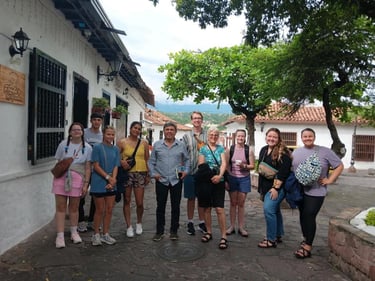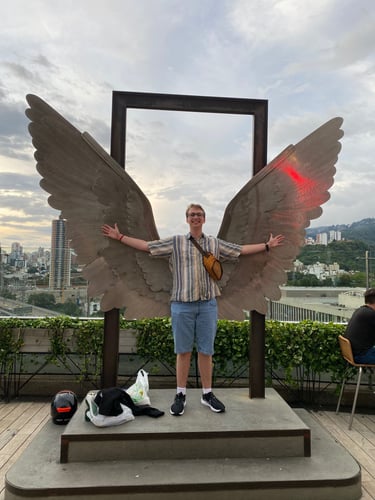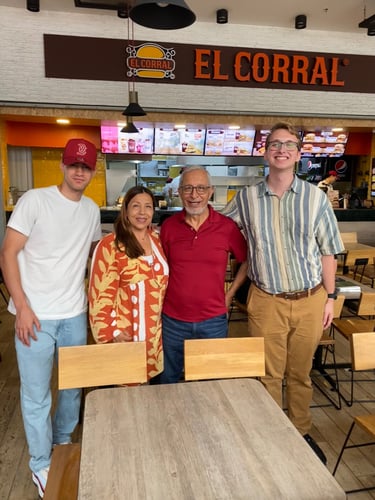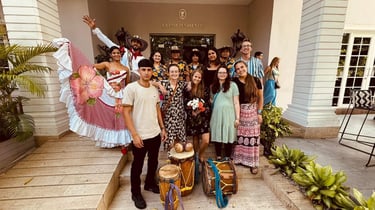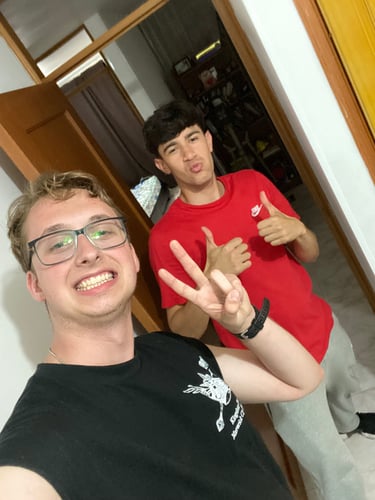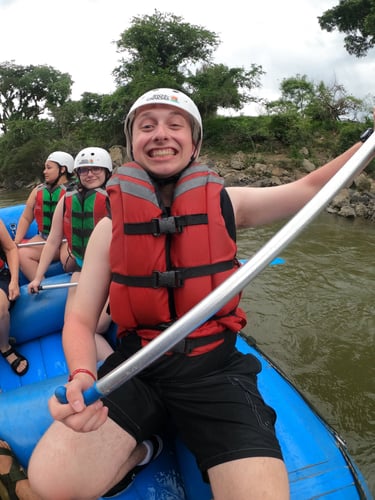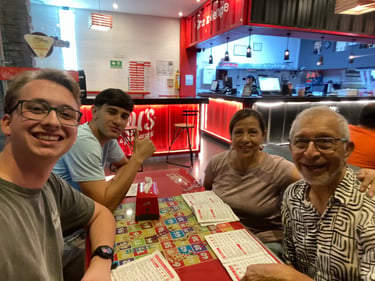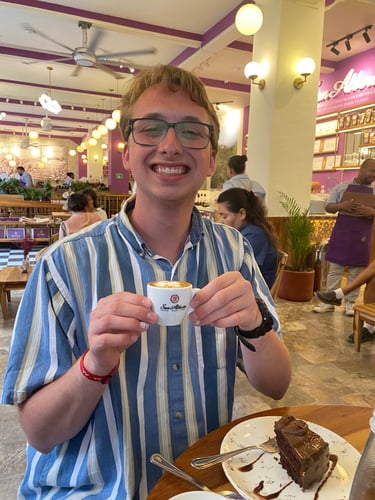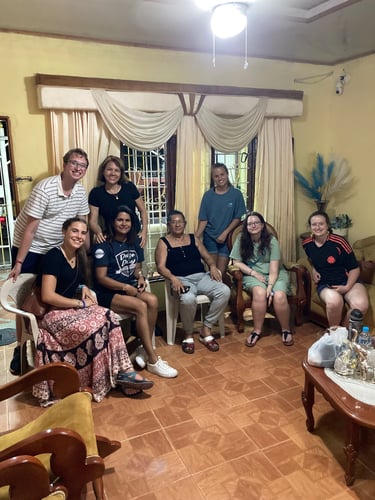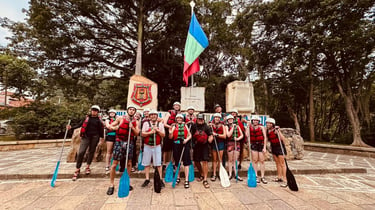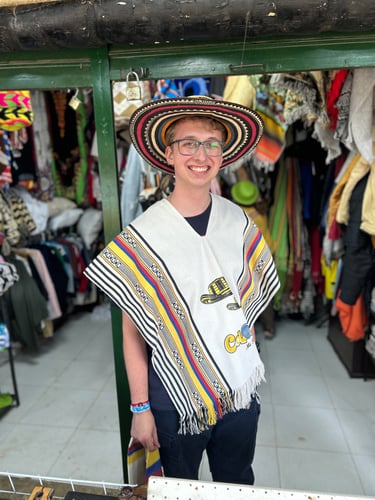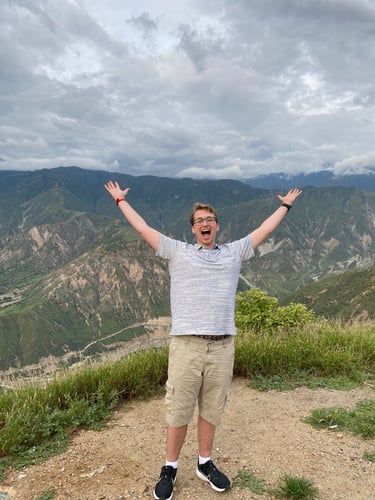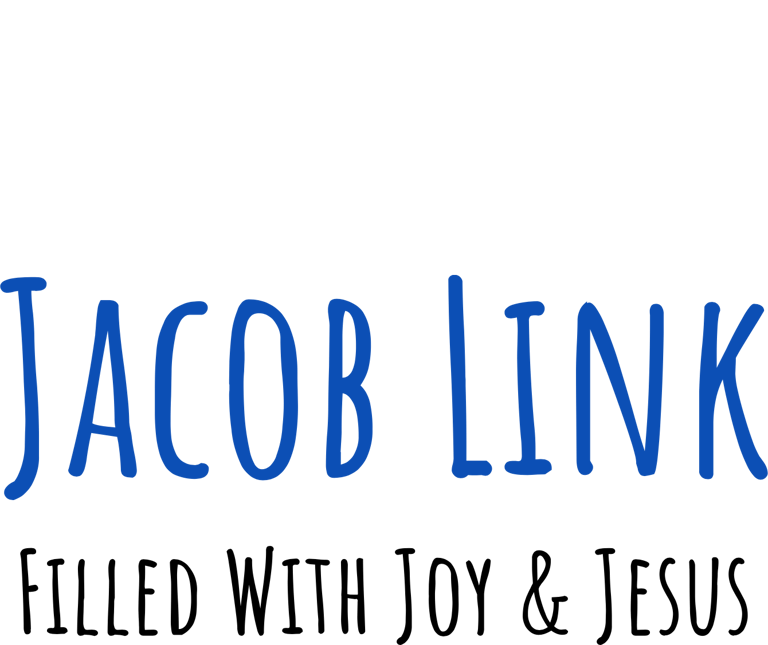A Global Perspective | Colombia Trip 2024
Reflections on the 3 weeks I spent immersing myself in the culture of Colombia & practicing my Spanish 🇨🇴
PERSONAL REFLECTIONS
Jacob Link
8/7/20247 min read
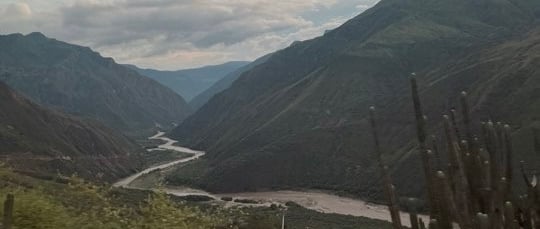

My “Global Perspectives” trip to Colombia was by far the best trip I have ever taken. This was my first trip outside of the United States, which broadened my worldview immensely. One can think they are forward-thinking and understand the differences of others, but it is not until an individual travels outside of their home country where this idea becomes reality. The entire experience of international travel is a cross-cultural one: the preparations, the air travel, the lodging, the food, the unforeseen illness, the excursions, the purchases, and—most importantly—the life-giving conversations.
Linguistic Growth
My experience with the Spanish language does not have a long history. I began taking Spanish courses in the fall semester of 2022 when I first transferred to Lee University. I didn’t have many expectations of what a foreign language class would be like because I had never taken one before. Within the first three weeks of Dra. Poole’s SPAN-111 class, I decided that I wanted to pursue a Spanish minor. I don’t really have a good reason for why I came to this conclusion: maybe because the communications minor would not fit into my schedule? Whatever the reason, I’m not sure, but I know that it was a decision I do not regret. As I took more Spanish classes, I began to invest myself more deeply into the study of the language. My morning playlist shifted from English to Spanish (mostly worship, although some pop tunes would be sprinkled in). I sought out ways I could learn about the Hispanic culture as my vocabulary expanded. I found books and videos explaining the history of Latin American countries and the purpose of certain cultural practices. I found Spanish poetry and worked to translate the meaning to English. I received a bilingual Spanish-English Bible for Christmas in 2023 and found ways I could grow my spiritual life in a different language. Spanish opened up new possibilities for me and helped me see a whole new perspective on the gift of language.
Spanish became more than just a core requirement for my degree but an asset to my studies in the ‘Language and Literature’ department here at Lee. For a lot of my life, I had preconceived notions about Latin Americans and speakers of other languages. I always thought that English was the superior language and wondered why not everyone understood English. That is until I started to learn Spanish. I quickly realized that the rules in Spanish follow a consistent pattern and that words are pronounced as they look. English is a language that constantly contradicts itself, so I began to wonder how English language learners overcame those obstacles. As an English major, learning Spanish has helped me develop a greater appreciation of my native language of English. I create patterns and connections in Spanish that are not possible in English.
I was initially hesitant to register for the trip to Colombia because the level of my Spanish language abilities was not the same as my peers. While most of them were at the advanced level, I remained at the intermediate two level. My parents asked me many times leading up to the trip, “Why are you going to Colombia? Do you even know Spanish? How are you going to communicate?”. These questions motivated me more to continue learning and working to make the necessary connections to hold a conversation. I could have gone on the “Global Perspectives” trip to England in May with the rest of my peers in the English department. I could have seen sites that are important to English history and had a fairly easy time communicating. However, I did not want to take the easy way. I wanted to challenge myself and try something completely outside of my comfort zone.
I could not have predicted the amount of language growth I experienced on this trip. Before Colombia, I had minimal practice with spoken Spanish. I would practice vocabulary in class and ask basic questions, but I never felt confident enough to hold a conversation. Everything changed once we landed in Latin America! From the moment we got off of the plane, we were immersed in everything Spanish. The airport signs, the menus, the road signs, the advertisements. Everything. The first few days I experienced a lot of culture shock. There was so much I didn’t understand and while that made me a little nervous, it also encouraged me with the opportunity I had through this trip to learn and grow in ways that weren’t possible inside of the classroom. I am grateful for the friends I made on the trip and the ways they helped to guide me forward in my language learning whether that be in class, in restaurants, or in casual conversations.
At the beginning, I was most scared for our formal class sessions. I knew these classes would be completely in Spanish, so I was afraid I wouldn’t understand anything and mess up while talking. There was so much more grace than I had expected. Our classes gave me the opportunity to learn new words, new ways of combining ideas, and new cultural topics for discussions. Classes introduced the importance of culture and what elements define culture in Colombia. I observed a lot of similarities in the two cultures such as the interactions and behaviors of adolescents and the games that kids play in their free time. There were also differences such as the snacks they eat (hormingas) and the importance of family in their lives. Our classes (especially with Prof. Neil) taught about the significance of personal narrative, which is something I have a lot of practice with in English as I am someone who dedicates extensive amounts of time to writing and research. Prof Neil wanted us to establish confidence in the words we spoke and to become more fluid in our production of the language. I was slow to speak at first and limited the topics of my conversation to those of which I knew, but as time went on, I began to expand past what was comfortable. Instead of creating a narrative outline for presentations on one of the days, I decided to do something I had never done: I went off the cuff and introduced myself and my values to the class using only my mind and what I could produce spontaneously. I wanted to test the limits of what I could do with the language. By the end of our time in Bucaramanga, I was able to hold a basic conversation with relative ease. On the last day of class there, I was questioned about why I study literature and why it is important. I gave an in-depth response on the correlation between literature and the expanse of an individual’s worldview. I talked about why books are important how they help to bridge the gaps between people who have differing ideologies. This conversation in class was one of my favorite spoken moments in Colombia as it showed me how my purpose for studying English correlates to that of studying Spanish. Confidence builds over time and the language grows as you use it more and test the limits of what you perceive you know.
A Holistic Approach to Language Learning
Next, the language learning that happened in Colombia was a holistic approach to language growth. Language learning is so much more than what happens inside a classroom; it is a holistic experience that uses gestures, emotions, the environment, and the target culture. When I was lost in a conversation, I would use any context I could find to help me. I would pick out the few words I knew and asked some probing questions about what the person was trying to convey. My host family in Bucaramanga—Virgínia and Arcesio—taught me so much. They talked to us about the breakfast and how it was prepared. They spent some time living in the United States, so we would have conversations about cultural differences. Our class excursions during the days or on the weekends showed me things that were different, which allowed me to ask my host family questions. They had endless amount of grace and were always willing to repeat or rephrase when I didn’t understand them. Humor was also a powerful tool to help me understand the context of a conversation when I was lost searching for the correct vocabulary. It broke down walls and allowed me to reenter the conversation when I got lost. Marcos Ybañez—a professor from Paraguay—has an incredible sense of humor. I cherish the conversations I had with him- we did not shy away from difficult topics allowing me to develop new structures and vocabulary. We talked discussed technology, AI, social media, adolescent isolation, and interpersonal divisions. Laughter is a gift from God that breaks all barriers, cultures, and languages. When I had trouble picking out the meanings of phrases, I would use the laughter as a tool to help me understand what was funny about the situations. I had so much fun with the Colombian people, and they loved my laugh!
Not only did this trip bring growth in my linguistic abilities, but it also brough personal change. Living a Christian life ministering to people is something that is very important to me. I saw so many parallels between relational ministry and language learning on this trip. Language learning is a slow process, and it can become frustrating when you don’t know the words or when there is a misunderstanding between two people. Conversations matter and are the vessel through which the world and individual lives will change. Investing in people who are different from you is so valuable: different beliefs, values, cultures, languages, etc. I have developed a great sense of empathy for others by placing myself in the position of the outsider and the language learner. Worshipping with people in Colombia in Spanish was a very powerful experience that I will not forget. God is everywhere and you can feel that when you worship even when you can’t understand it all. The Church is global! “Go with the flow.” This is something I had to get used to as the people put relationships first in Colombia and the busyness of a schedule comes later. Language learning is ministry as the learners seek to understand and grow in their ability to communicate with the native people. We put our pride aside and focus on learning and growth to make connections but with the freedom to mess up. We become confident in what we can say and ask questions about what we can’t yet communicate. We develop empathy to see people from other cultures and places as human beings more than an ideology but as individuals who are loved and created by God with a purpose as part of the greater picture of the human mosaic. Colombia has changed my life!

